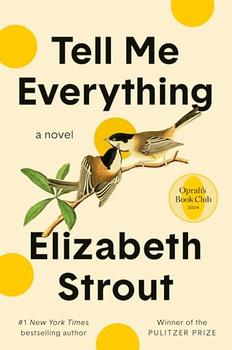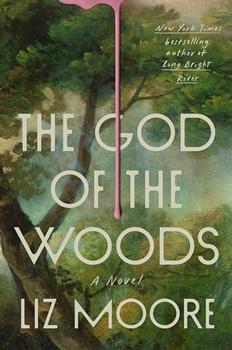(7/5/2019)
In the fall of 1969, Yale admitted its first women - 575 of them - to its undergraduate college.The pressure came from male students who were selecting coed universities in preference to the all-male Yale, and the school feared losing its preeminence to other elite schools. Then Yale though it had done enough. So women were admitted -- and Yale thought it had done enough. As author Anne Gardiner Perkins (who entered Yale in 1977 herself) notes at the end of her book, the story typically told of what happened next was "... a sanitized tale of equity instantly achieved, as if all it took to transform these villages of men into places where women were treated as equals was the flip of an admissions switch. That is not what happened."
Perkins, as research for her doctoral dissertation, interviewed 51 of the women in that first class, with particular attention to five of them, 2 black and 3 white. Using their stories she traces the first three years of Yale's coeducation experience from the women's point of view -- and it was not an easy life. They were discounted, disrespected, ignored, excluded and harassed --but they involved themselves in the life of the school in spite of all that and fought for increasing the number of women and improving the conditions under which they lived and studied.
This book was of particular interest to me because I graduated from college in 1970, the same school year in which this story begins. I was in graduate school at University of Virginia in 1970/71, the first year women were admitted to the undergraduate college there, and taught at UVA in 1972/72, the first year a full class of women entered through the normal admissions process.The situations Perkins describes are familiar. She tells the story well. This book does an excellent job of charting the path women have followed over the past 50 years, at least with regard to academics. But as the end of the book indicates,while we have in fact come a long way, baby -- but we aren't there yet.



